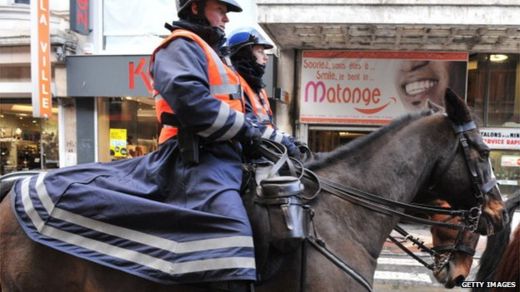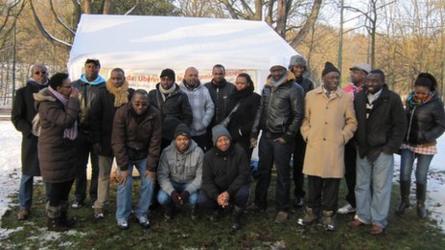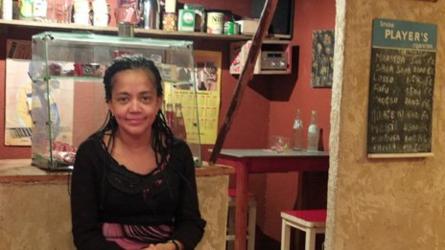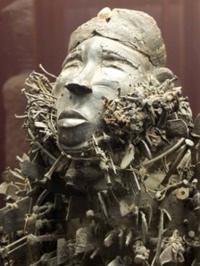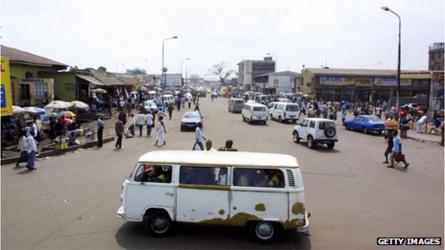Why Kagame will not discuss third term, at least not now
The east african news
Rwanda's President Paul Kagame has declined to be dragged into a debate that is gaining currency in the country on whether he should extend his rule into a third term.
At a press conference last week, President Kagame, whose final term expires in 2017 as per the Constitution, said it was not yet the right time to discuss the possibility of a third term in office, preferring to postpone such talk "until that time comes."
"That shouldn't be a problem at the moment. I cross the bridge when I get there," he said.
In the past, Kagame has stated openly he is not interested in another term in office. Of the current East African heads of state, Kagame has the longest time left to the end of his tenure.
The question at the press conference marked the third time in a week that the president was being asked if he would allow a constitutional amendment to allow him a third term in office.
"The idea should be put aside [to allow us to] attend to more pressing issues facing citizens at the moment. Of all challenges we have been through, I don't think this would be the hardest to overcome. I actually desist from taking part in these debates because they tend to divert people's attention from what they have been doing. Time for that will come, why don't we then hold this discussion until the right time comes?" President Kagame told journalists.
Shortly after being re-elected in 2010, President Kagame had ruled out a possibility of his seeking another term after his term expires in 2017 but at the end of 2011, he observed that he has "no problem with people making calls for constitutional change."
The remarks, made at a press conference in Kampala in December 2011, triggered reactions, with observers saying that the Rwandan leader wouldn't mind another term in office.
Kagame later said that he was not interested in a third term. He rebuked Minister of Internal Affairs Musa Fazil Halerimana who ignited the debate during the 9th National Dialogue.
Since then, the issue of the third term has been a no-go area within the Rwanda Patriotic Front hierarchy. A Member of Parliament from the RPF who spoke to The EastAfrican on condition of anonymity said the topic was "considered among the sensitive " and one that had been put to rest.
"The party does not want to divert attention from other things to the issue of constitutional amendment. There are guidelines that any discussion on such is suspended," the MP said.
Within ruling party echelons, the issue of a third term for President Kagame, who is the chair of the party, has not been tabled. It is a well-kept secret according to the insider.
Efforts to reach the party vice chairman Christopher Bazivamo, party secretary general Francois Ngaramber proved futile as our calls went unanswered.
However, in an earlier interview with The EastAfrican, Senator Tito Rutaremara, one of the key members and founders of RPF, said the party was not short of possible replacements for President Kagame were he to step down at the end of his term.
"We have been nurturing young and energetic leaders who are ready to take over from us who are retiring soon. There is no vacuum within the RPF leadership," the elderly politician said.
In an interview, MP Abbas Mukama said at the end of the day what would matter was the voice of Rwandans.
"I don't think even President Kagame can decide whether he can have a third term. If the citizens make a call to him to continuefrom where he stopped, he cannot turn down the request of the people," the vocal MP, who is also a proponent of the third term, said.
"There are two things; there is his position as a person and a proposal of the people. If they feel like he has done well in the first two terms, they can decide to increase his mandate," Mr Mukama said.
The legislator, who is a member of Ideal Democratic Party (PDI), said the people had reasons to demand a third term, mainly because President Kagame has been behind the country's turnaround and brought about peace and stability as well as economic prosperity.
"Power belongs to the people. We fronted the idea as a party. You would say it is still early but if people want to speak early, so be it. If the calls persist, parliament will have no option but to call for a referendum on the issue. It is their right," the vocal MP said.
Christine Mukabunani, the head of the breakaway opposition party PS Imberakuri, said that, despite delivering a lot during his two terms, President Kagame would leave behind an even much bigger legacy if he honoured the Constitution.
"I think he has also said it in the past. There should be no reason to change the Constitution. I think he can serve in other capacities after his mandate ends rather than allow a constitutional change," Ms Mukabunani, who is also the spokesperson of the Political Parties Forum, said.

